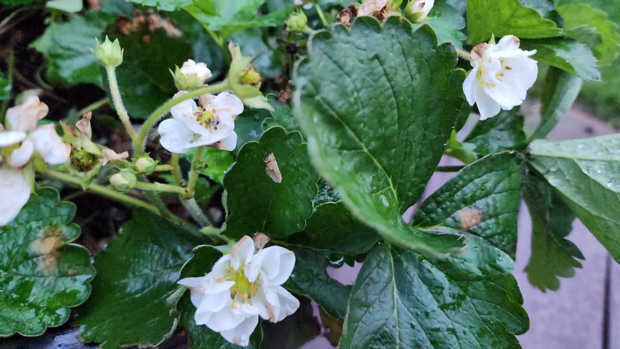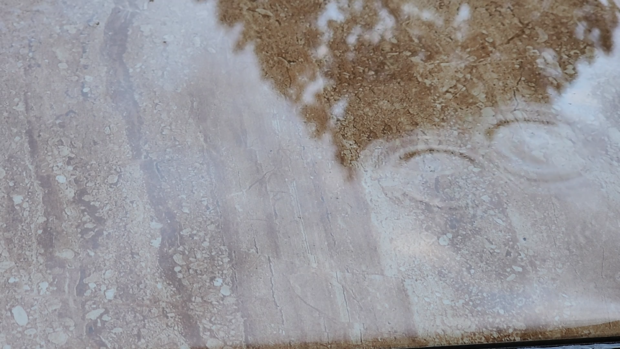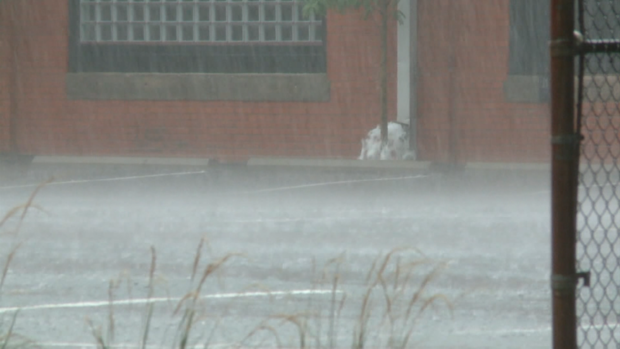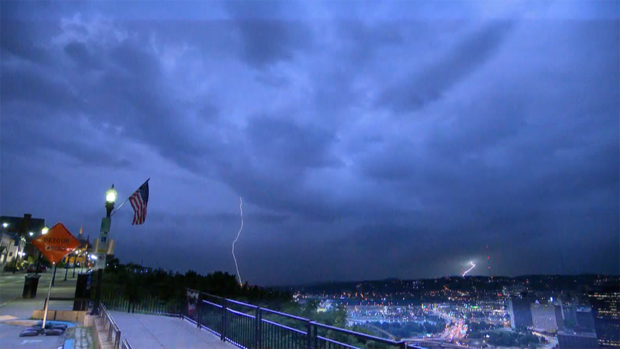Hey Ray: The 'smell' of weather
PITTSBURGH (KDKA) - Have you ever smelled the weather?
One of the most common weather smells is the smell of rain.
That is a smell that involves some pretty cool science!
That smell also has a name, "petrichor."
Petrichor is that distinctive, earthy odor associated with rainfall, and there are a few things going on to make that smell occur.
When raindrops hit the top of the soil or ground, really small air bubbles get caught in that drop. That air bubble is less dense, so it quickly rises up. When it reaches the top, aerosols, or tiny particles are released into the air, releasing that petrichor.
The petrichor-releasing particles are made of bacteria secretions and plant compounds. These all build up in the soil and between rocks and are released when the rain hits the surface.
You may have noticed that you don't smell the rain every time there it precipitates.
During dry spells, especially warm dry spells, those elements continue to build up. That means the smell is usually the greatest after it has been dry for a while since there is more to be released during that first rain following that dry period.
However, if you are in the midst of a rainy period, those compounds don't have the opportunity build-up, meaning fewer chances of that smell. You will also notice that the petrichor smell occurs more often with lighter rains.
If the rain is too heavy, it will drown out the smell by not allowing those bubbles we talked about from making it up to the surface.
There is something else that causes weather smells, too.
Lightning!
When lightning sparks up, it can heat up to 50,000 degrees. That heat interacts with the atmosphere's nitrogen and oxygen, creating ozone. Ozone itself is a particular smell.
I bet you never knew the weather was so smelly, even if it sometimes stinks...metaphorically.









